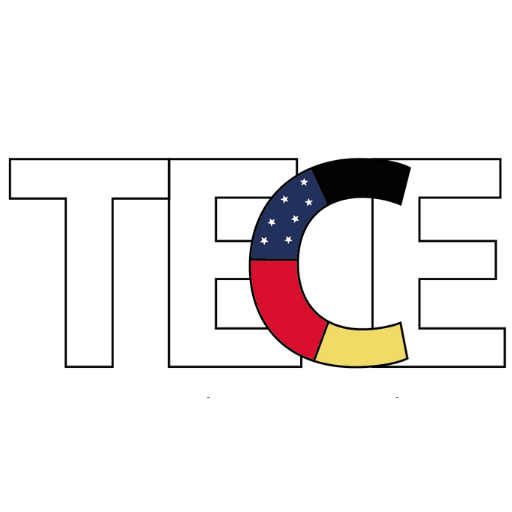

By team tece
Please RSVP here to receive a link to join: https://us02web.zoom.us/meeting/register/tZwkf-6pqTIrHNf6SaQHRiGjnyEP68_gHfH4
The US-led reeducation of German society in the post-World War II period is often considered the main impetus behind the foundation of “politische Bildung” in Germany. Based around the idea of an exceptional American democratic model, the postwar programs to reeducate and democratize the German population have had lasting (and sometimes unintended) effects – on both sides of the Atlantic. How relevant are the institutions, approaches, and theoretical influences borne of that period on civic education and society still today? As both Germany and the US struggle to reckon with systemic racism as well as their respective histories of colonization and enslavement, they also face anti-democratic sentiments and navigate civic education in increasingly diverse societies. In this context, it is worth revisiting the long-term and ambivalent impact of reeducation on society and the field today. In better understanding the motivations, conditions, and lasting influence of postwar reeducation, we hope to better understand how to confront the challenges of our time.
We are lucky to be joined by Dr. Katharina Gerund, faculty in the Department of English and America Studies at Friedrich-Alexander University Erlangen-Nürnberg to help us explore these vital questions. Dr. Gerund will provide guiding input based on her research and open an opportunity to reflect on and discuss the influence of reeducation in our own practice, and the learning opportunities it presents as we look forward.
Suggested pre-reading for this event:
1. Tent, James F. Mission on the Rhine: Reeducation and Denazification in American-Occupied Germany. U of Chicago P, 1982. xv-13; 312-319.
2. Kreis, Reinhild. “From Reeducation to Partnership: Amerikahäuser and German-American Institutes in Bavaria.” German-American Encounters in Bavaria and Beyond, 1945-2015. Ed. Birgit M. Bauridl, Ingrid Gessner, and Udo J. Hebel. Peter Lang, 2018. 87-102.
3. Paul, Heike. “Introduction.” Re-Education Revisited: Conflicting Agendas and Cross-Cultural Agency in the Early Cold War. Spec. Issue of Comparativ, 31.1 (2021): 9-15.

dr. katharina gerund
Department of English and America Studies
Friedrich-Alexander University Erlangen-Nürnberg
Dr. Katharina Gerund teaches American Studies at FAU Erlangen-Nuernberg (Germany). She is the author of Transatlantic Cultural Exchange: African American Women’s Art and Activism in West Germany (transcript 2013) and has co-edited several volumes including Die amerikanische Reeducation-Politik nach 1945: Interdisziplinäre Perspektiven auf “America’s Germany” (transcript 2015, with Heike Paul) – a collection which examines U.S. reeducation policies after 1945 from different disciplinary perspectives. She is currently working on a second book project entitled Happy Home Front Heroines? Military Spouses in the Cultural Imaginary of the U.S. and co-directs the interdisciplinary research project “Reeducation Revisited: Transnational and Comparative Perspectives on the Post-World War II Period in the US, Japan, and Germany” (funded by the German Research Foundation).
For further information, please see:
https://www.angam.phil.fau.de/fields/amst/culture/staff/katharina-gerund/
The event will take place on Zoom on October 11th 2021, 6pm (CEST) / 12:00am (ET) and will take place in English.
Please RSVP to receive a link to join here: https://us02web.zoom.us/meeting/register/tZYvdeqgqj0rHtU3wQ0i2cWzvpyIKhbk9KBr
If you have any questions, please contact Katja Greeson at greeson@adb.de.
